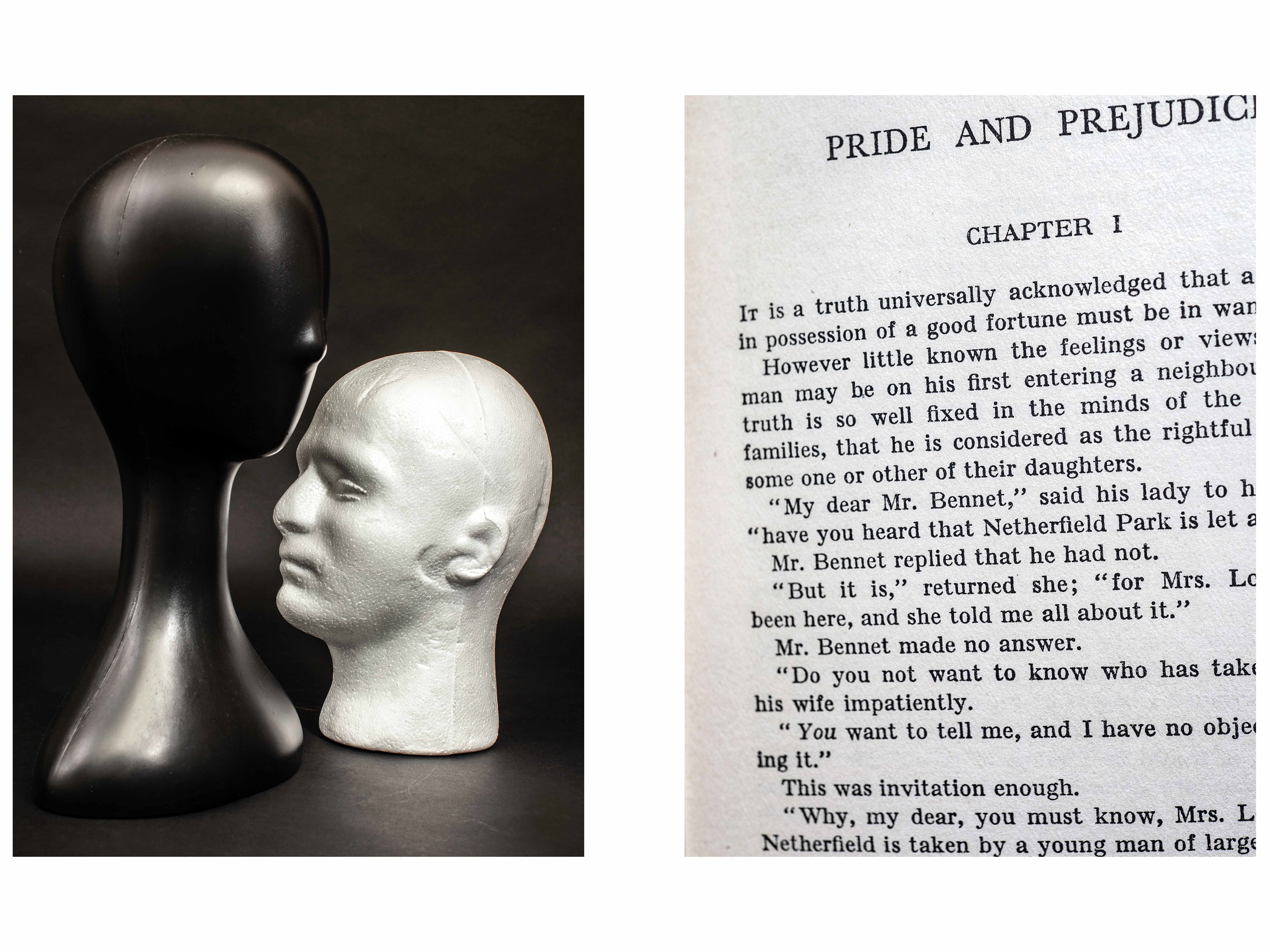The anger of Jonathan Swift in Gulliver's Travels
In the story Gulliver’s Travels, by Jonathan Swift, Gulliver travels to a land called Lilliput where there are two opposing political parties. When they eat breakfast, one group cracks open their boiled eggs at the big (flatter) end; the other group cracks their eggs at the little end. The two parties, inevitably, are called the Big Endians and the Little Endians. It is Swift’s way of mocking political parties who try to exaggerate their opposition by drawing attention to trivial differences.
The ordinary egg takes on a wider significance. It enable Swift to mock political stupidity.
Strangely, the term Big Endian and Little Endian has taken on a new meaning and relevance in the digital age. Borrowing from Swift’s work, computer wizards use the phrases to describe how digital data is managed – from the least significant to the most significant (Little Endian) or vice versa. Just google Big Endian Little Endian, and you will probably be taken to a page, not about Gulliver’s Travels, but about computer mechanics. Jonathan Swift would have chuckled at the thought of it.
Sometimes metaphors operate almost unnoticed. In the previous paragraph, I used the phrase ‘computer wizards’ – as opposed to computer experts. The term ‘wizard’ suggests that computer experts have some supernatural skill and knowledge that is beyond the understanding of ordinary people. They are part of a fraternity that has power and mystery in their grasp. And the metaphor in the previous sentence…. ‘fraternity’ or brotherhood, suggests, along with ‘wizardry’ that these computer experts are male. Beware the metaphors that lead us down false paths…













